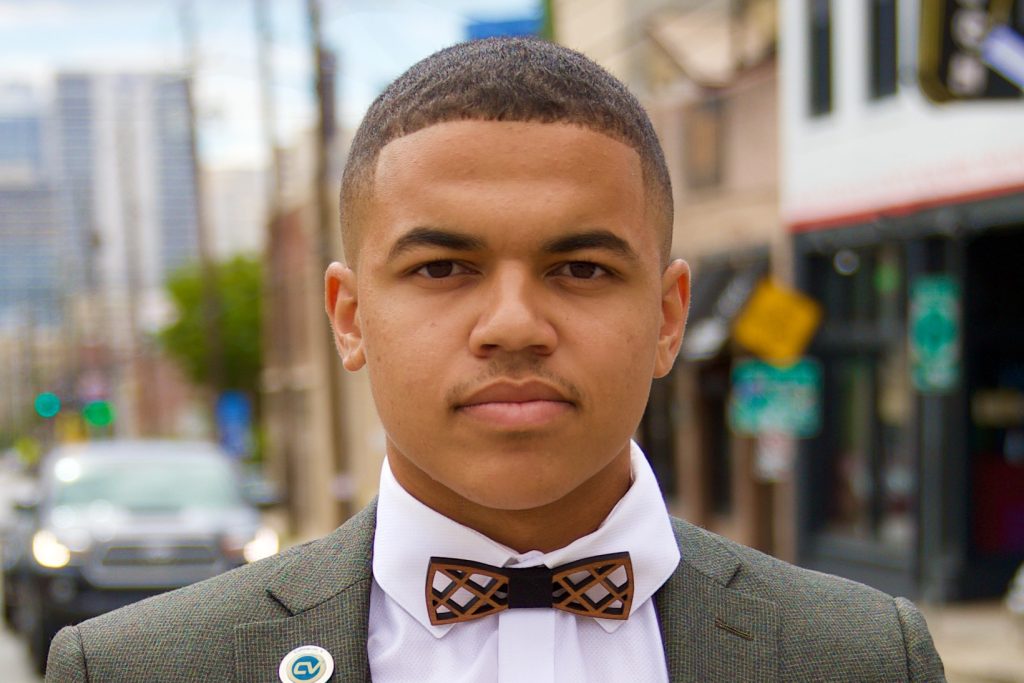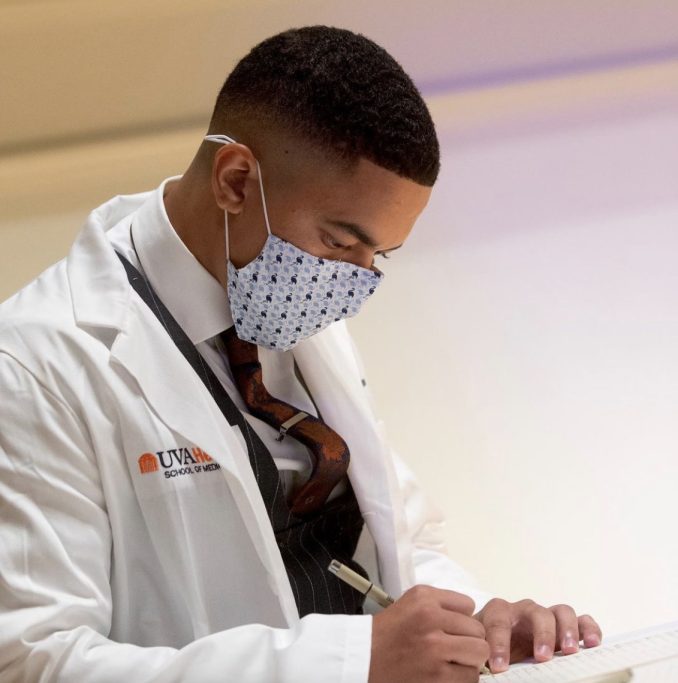Former Comets Baseball Standout Helping Next Generation of Student-Athletes
By: Jeff Joiner | February 11, 2023

Isaiah Swann BS’20 did not come to The University of Texas at Dallas just to play baseball. UT Dallas was a path to medical school, but for the talented baseball player from Marietta, Georgia, the fun of playing college sports was incredibly motivating and part of the ride. His athletic success and academic talent also led to his appointment to the National Collegiate Athletic Association (NCAA) Board of Governors.
Swann, a neuroscience major at UT Dallas who graduated in 2020, made a huge impression as a Comets baseball player in his freshman year in 2017. Starting 43 games as an infielder, Swann was named the American Southwest Conference Freshman of the Year, but an injury prematurely ended his junior season and COVID derailed his final year as a standout college athlete. Though his playing time ended, his involvement in college athletics has continued at a now higher level.
For athletes, college sports are mercurial at best as pressures mount from injuries, outside issues and the demands of academic success. Players thrive or fail based on their ability to manage those pressures and one of the most important tenets of the NCAA is enacting policies to protect student-athletes physically and mentally. Now for the first time, former student-athletes have an official voice at the NCAA, the nation’s top amateur sports governing organization.

In a 2022 reorganization, the NCAA welcomed graduated student-athletes to the organization’s 16-member governing body. Three former student-athletes – one from each of the NCAA’s three college divisions – were appointed to the board with Swann representing the smallest athletic programs, Division III schools, which includes UTD.
“Our primary role is to make sure the student-athlete perspective and voice is not being lost,” Swann said. “Having been recent athletes, we have the benefit of hindsight and seeing what we think would have benefited us throughout our undergraduate careers.”
Foremost for Swann are policies and resources to protect the health of athletes, especially mental health, a concern close to Swann’s heart. As a UTD student, Swann was appointed to the University’s Student-Athlete Advisory Committee (SAAC), the NCAA Division III SAAC and the NCAA Committee on Competitive Safeguards and Medical Aspects of Sports, so his involvement in health-related issues is widespread. And as a student who majored in the demanding field of neuroscience and who is now a medical school student at the University of Virginia, Swann knows first-hand the importance of balance and perspective for athletes.
“Today you have technology all around you, and student athletes are feeling that pressure because they understand they can end up in a sports highlight one day and maybe the wrong end of a highlight that day,” Swann said. “You’re always facing that existential pressure from social media.”
Swann said one of his goals at the NCAA is developing strategies to ensure student athletes have access to adequate mental health services. For him as a UT Dallas student, support networks both in the athletic department and elsewhere on campus were important in his finding balance. He said it was important for him to departmentalize his life at UTD by developing networks of friends both in and outside athletics, allowing him to “depressurize” from both athletic and academic pressures. He’s also interested in working with patients who need neurocritical care.
“With more information available, society expects more from us,” Swann said. “That makes it more difficult to balance your responsibilities as a student-athlete.”
Swann said he is working to bring energy and a passion for the NCAA to his board position. He believes his perspective as a student-athlete, and someone involved previously on NCAA committees, has given him an understanding of how the association works and areas that can be improved. His first committee assignment gave him the opportunity to shape the NCAA’s future as a member of the search committee evaluating candidates for NCAA president. The effort led to the hiring last year of Charlie Baker, governor of Massachusetts, to lead the association.

After graduating from UTD, Swann was accepted into the University of Virginia Medical School’s Medical Scientist Training Program where he will earn a medical degree and a PhD, which, following eight years of school, opens the door for Swann to pursue medical research in neuroimmunology, a field involving research into conditions such as multiple sclerosis and transverse myelitis. He’s also interested in working with patients in need of neurocritical care.
Swann said he is grateful for his time at UT Dallas and especially for the friendships he made and the mentors he developed both on the baseball field and in the lab and classroom.
“One of the things that helped me the most was having mentors who were really passionate about helping others make it where they want to go,” Swann said. “I would encourage everyone to reach out to the other people around them and help lift them up. That was something that I really benefited from.”